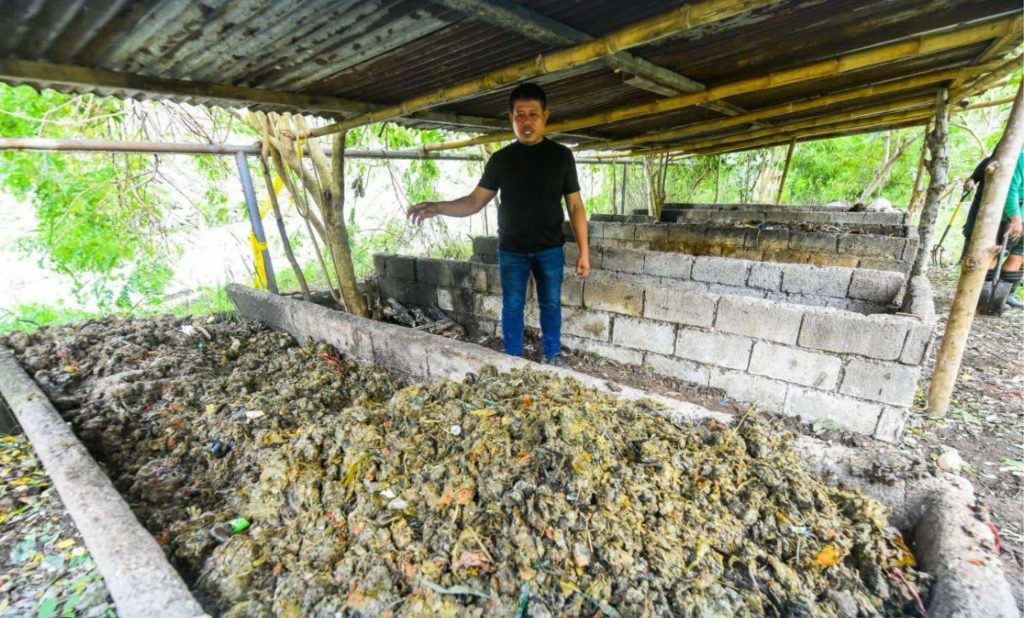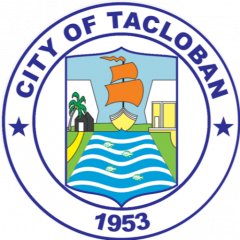
Tacloban City’s composting facility has found a new home in Barangay 106 Sto. Niño after Mayor Alfred Romualdez ordered its relocation from the downtown public market area. The facility, known for producing organic fertilizers from market wastes for years to support local farmers and gardeners, now sits as the designated composting site—the city’s former dumpsite.
According to City Environment and Natural Resources Office (CENRO) Head Jonathan Hijada, the relocation process began on October 24, with equipment and existing compost materials transferred following the mayor’s directive. This move, Hijada noted, is timely as the city expects two additional composting machines to be utilized soon, which will need ample space.
Hijada also plans to revive and use the Material Recovery Facility (MRF) in the landfill to support expanded composting operations.
With the new developments in the area, including the thoroughfare for public utility vehicles heading to northern barangays, the official is convinced that resettling the facility to a safer location is necessary to promote public welfare.
The said composting facility project, originally launched as part of Yolanda rehabilitation efforts, has earned acclaim from the Department of Agriculture’s Bureau of Soils and Water Management (BSWM) as the only fully operational composting facility managed by a local government in the Visayas. The BSWM further praised Tacloban’s effort to augment the program by investing in additional machines, including a squeezer and shredder. Over the years, CENRO has hosted composting training sessions for other local government units looking to replicate the program.
Looking ahead, Hijada envisions Tacloban becoming a key supplier of organic fertilizer across Region 8.
“Every day, the city produces 137 tons of garbage. 65% of these is biodegrable, which is equivalent to 89 tons a day. Just imagine if we will be able to address at least 90% of that, what a big deduction from the volume of waste every day. Aside from its significant positive impact to the environment, this program is a big help to the farmers in Tacloban,” Hijada stressed.
With its established composting program, the city government continues to support local farmers and gardeners, setting a model for sustainable waste management and agricultural assistance in Eastern Visayas.
